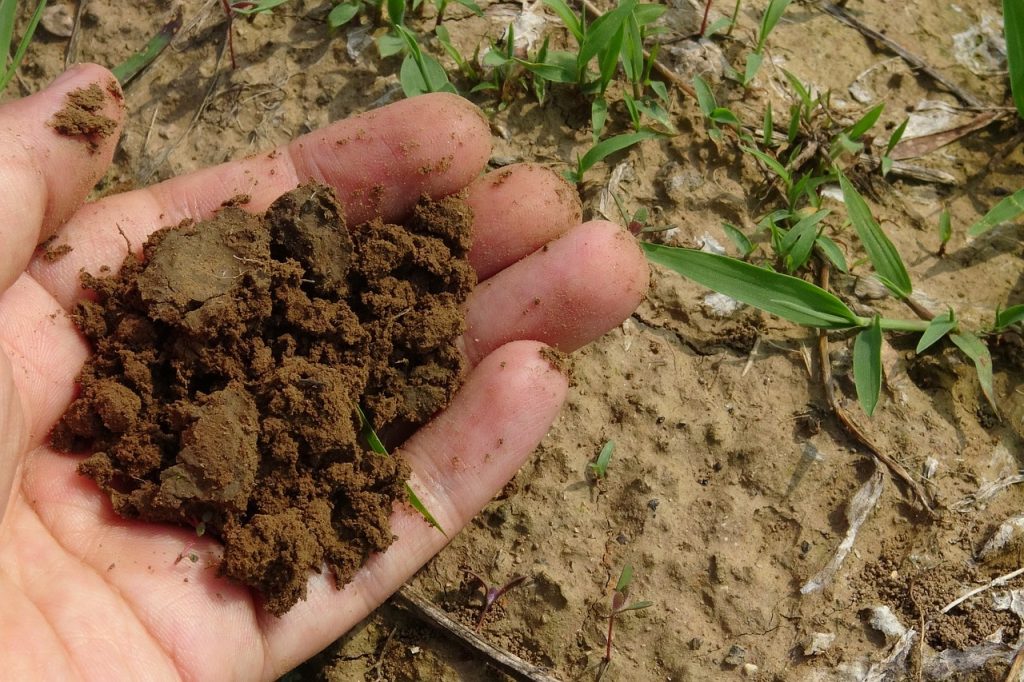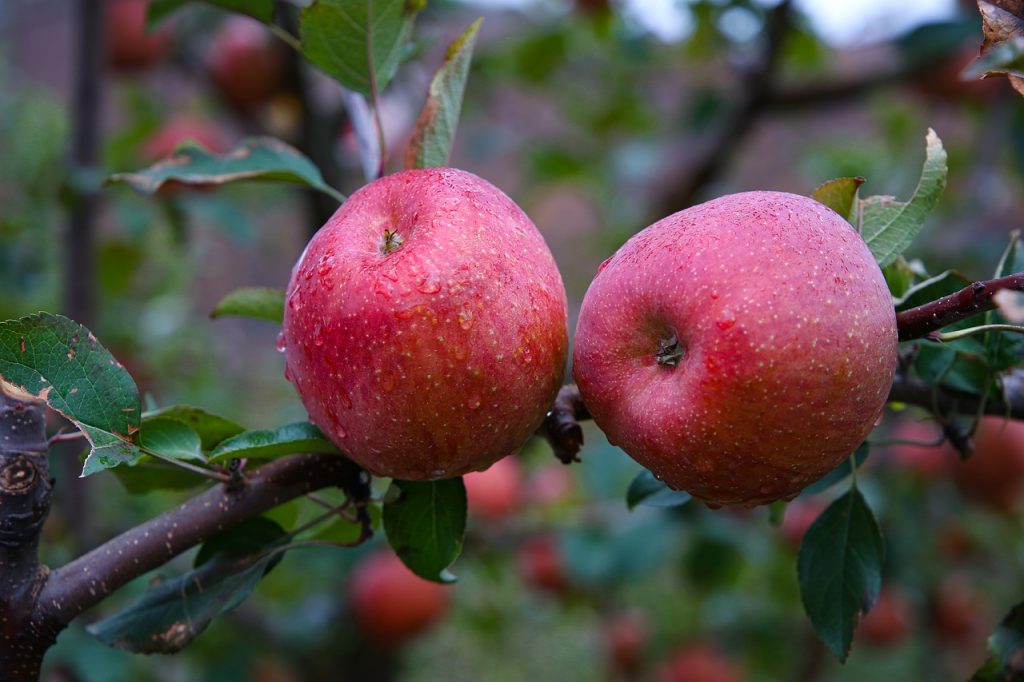Today, many youngsters from Jammu and Kashmir are turning towards entrepreneurship. They are preferring to be self-starters rather than taking up jobs, which has led to the emergence of many small businesses in the region. Young Kashmiri men and women have started exploring different fields to start their businesses, and they are also promoting their initiatives effectively in order to widen their reach to the whole of J&K, other parts of India, and even overseas. Agriculture, horticulture, and handicrafts are major industries in Jammu and Kashmir and a business venture in one of these sectors often turns out to be profitable. In these sectors as well, while some go the traditional way, a few take the unconventional path. One instance of taking the off-beat path in the agricultural sector is the growing exotic mushrooms in Kashmir.
Today, farmers and orchardists are experimenting with crop varieties and advanced farming methods hence, they have been able to cultivate various new fruits, vegetables, and food crops in Kashmir. The climate and soil conditions in J&K are conducive to farming. Moreover, agriculture in Kashmir has grown richer and more diverse with the introduction of new crops by young farmers and researchers in the region. Mushrooms require temperatures in the range of 20 to 30 degrees Celsius and a relative humidity of 56 to 75%, which is why J&K is good for mushroom farming. Here we look at how the cultivation of exotic mushrooms in Kashmir can turn out to be a good business idea for the Kashmiri youth.
The climate and soil of Kashmir is conducive for the cultivation of various types of mushrooms such as gucchi (Morchella), an exotic species of mushroom. It is expensive and since Kashmiris prefer meat, this mushroom variety does not feature in their daily diet. However, gucchi dishes are mostly prepared for wedding receptions. Gucchi grows in forests and is mainly found in Anantnag, Kupwara, and Kangan, in Kashmir; and in Doda and Kishtwar in Jammu. It blossoms in spring and grows under deodar and pine trees. However, till now, no method has been devised for the artificial cultivation of this mushroom species.
A good example of the potential for economic growth through mushroom cultivation in Kashmir, is a young woman named Neelofer Jaan from Pulwama. She started cultivating button mushrooms at her place to support her family during financial crisis. Neelofer completed a 1-week course about growing mushrooms from the Agricultural Department of Government Degree College, Pulwama. Presently, she grows about 500 kg of mushrooms in a span of 3-months, sells them at the local market, and earns about INR 70,000.
In Jhalas village in Poonch, the Jammu and Kashmir Agricultural Department has started training local farmers about mushroom cultivation and harvest. Mushroom cultivation is proving to be lucrative for local farmers, as it requires relatively less initial investment and provides high returns. The administration is also providing farmers with subsidies for growing mushrooms.
Under the Mushroom Development Scheme, mushroom cultivation is being promoted in different parts of J&K. One example is the Pasteurized Compost Plant, which was established in Udhampur with the efforts of the Department of Agriculture and Farmers’ Welfare. This plant is providing pasteurized compost to mushroom growers in J&K, which has provided self-sufficiency to local mushroom growers.
The Department of Agriculture and Lalmandi, Srinagar started mushroom cultivation in Jammu and Kashmir in 1964. RRL, Srinagar took up work on edible fungi. Currently, about 600 tons of mushrooms are being cultivated every year in Jammu and Kashmir, primarily in Jammu, Reasi, Kathua, and Udhampur. Farmers of J&K are taking interest in mushroom cultivation, as mushrooms generate more income as compared to that generated by other crops. Previously, only button mushrooms were grown; however, presently, even oyster mushrooms and milky mushrooms are grown in the region.
J&K faces certain challenges in mushroom farming. One is that the local farmers do not have adequate knowledge about cultivation methods, use of modern technology and marketing channels. Secondly, since mushrooms are perishable, their sale is limited. In order to overcome these challenges, farmers in Jammu and Kashmir should be trained on the modern methods of mushroom cultivation, different mushrooms varieties should be popularized, and overall awareness about the health benefits of mushrooms should be increased so that the number of consumers increase. This will boost the sales of mushrooms and thus benefit mushroom growers. Adoption and effective implementation of canning methods would enable growers and sellers to store mushrooms for a longer time. Furthermore, better transport facilities would allow farmers in Jammu and Kashmir to offer good-quality canned mushrooms in other Indian states and even overseas.
Advisor to Lieutenant Governor, Farooq Khan, recently visited Sher-e-Kashmir University of Agricultural Sciences and Technology in Jammu. During his address, he focused on promoting mushroom cultivation as a business idea for the youth. He encouraged students to take up mushroom farming stating that this sector is sure to have a good future. He stated that mushroom cultivation around the year can generate reliable income and help youngsters to start their own business ventures.
Growing exotic mushrooms can indeed turn out to be great business idea for the youth of Jammu and Kashmir. Youngsters in J&K should seriously consider taking this up as a business due to few advantages such as relatively low investment providing good returns, growing popularity of mushrooms, and a climate suitable for mushroom farming. If small gaps in the technical know-how are bridged and marketing is improved, cultivation of exotic mushrooms is likely to be a highly lucrative business for Kashmiris.



